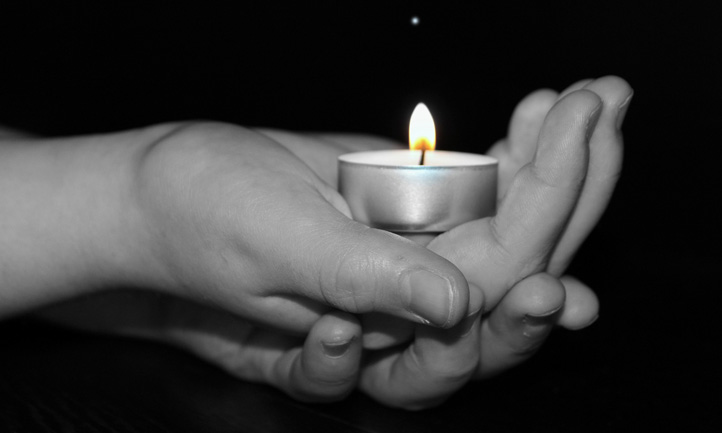5 Things Professionals Learned After 9/11
Author: Heidi Horsley
Since Sept. 11, 2001, we have come a long way, and I have watched as bereaved families have once again found hope.
I was honored to spend 10 years with 9/11 firefighter families, taking the grief journey with them, when I worked with the FDNY/Columbia University Family Guidance Program. The research study looked at traumatic loss over time in families who had lost a firefighter in the World Trade Center.

It’s been 16 years, since that horrific day, and these families have faced many milestones such as graduations, marriages and births. Many of these events have been bittersweet as their loved ones were not there to share the joy. But the firefighters who died will never be forgotten, and their memories are kept alive by family members, who always remember them, pay tribute to them and continue to make them proud by living their best life.
While I had no idea what it was like to lose a family member in the September 11 attacks, I did know what it was like to suddenly lose my 17-year-old brother and cousin together in a car accident. Because of my personal and professional experience in traumatic loss, I was determined to find a way to be of service.
The individuals I worked with changed my life in profound ways and taught me much about the resilience of the human spirit. Here are a few things I learned from them:
1. Home visits have a positive impact.
When someone has had a loss, visit them in their home. Often, bereaved individuals are too overwhelmed with grief to leave their home environment. Following the September 11 attacks, many FDNY families didn’t feel safe traveling into the city. The terrorist attacks caused fear and ongoing feelings of threat. Many of the families I worked with had small children, and bereaved moms were too overwhelmed to bring their kids out.
2. Actions sometimes speak louder than words.
We often feel like we have to say something profound, supportive or comforting after a loss, but sometimes just showing up is enough. Before my brother died, I used to send a card when someone died; now I send myself. In my first session working with a middle school-aged boy, all he wanted was for me to walk around the garage in his father’s firefighter uniform. He asked that I not speak. Tears rolled down his face as he watched me. It was as if he was saying the goodbye he never got to tell his dad.
3. Children can’t stick with intense sad emotions.
Children don’t grieve in the same way as adults; they visit grief for briefer periods of time. Children need to experience positive emotions and activities sooner than adults. It isn’t uncommon to work with children who are grieving and talking about the loss one minute and then ask to go out to play basketball the next minute. Since children are not able to compartmentalize as well as adults, this is very adaptive and protects them from feeling completely overwhelmed.
4. Support is both comforting and overwhelming.
Since September 11 was such a significant public loss, families received mass quantities of cards and gifts from all over the world. Gifts came in the form of stuffed animals, blankets, statues, life quilts and plaques. Some of these gifts were appropriate, but others were disturbing. Several families were sent a brass replica of a crushed firefighter helmet and a cross made from the original metal at the World Trade Center site. While some found these comforting, many found them disturbing.
5. Continuing reminders can be stressful.
There have been many public reminders over the years; ongoing media stories, terrorist threat levels, subway searches and NYPD anti-terror drills. Today there are still 44 memorials in New York City. I worked with a young child in elementary school, who had difficulty concentrating because a large September 11 poster, saying “Never Forget,” hung in his classroom. After speaking with his teacher and having it removed, his concentration improved significantly.
From the pen of…
Dr. Heidi Horsley is a licensed psychologist, social worker, bereaved sibling and proud military mom of a son who serves in the Arizona National Guard. She is Executive Director for the Open to Hope Foundation, and co-hosts the award winning cable television and radio show, “Open to Hope.” An award winning author, she has co-authored eight books. She serves on the Board of Directors for The Compassionate Friends and the TAPS and the Elisabeth Kubler-Ross Foundation Advisory Boards. Find out more at opentohope.com.
